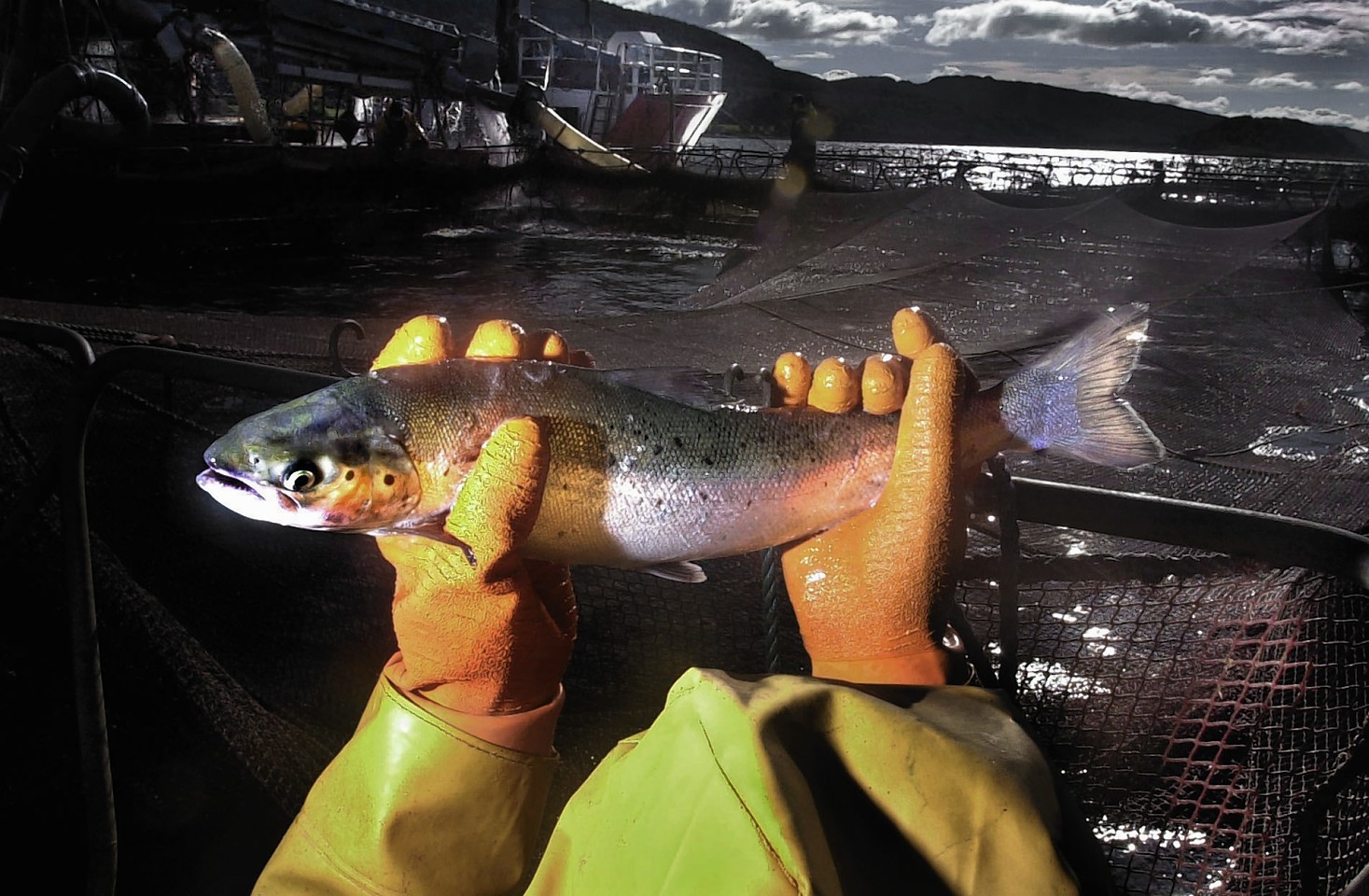A Scottish salmon farmer has struck a deal to sell fish guts to make a revolutionary food supplement that aims to help overcome global starvation.
Loch Duart will supply 450 tonnes of salmon viscera (guts), heads and bones to CellsUnited, which has developed a formula for a high-protein nutritional compound.
The process, developed for the Russian space programme, produces a form of balanced protein that can be used by people suffering from malnutrition in third world countries, but can also be used by people in richer countries who have problems digesting protein.
In addition to reducing wastage, the deal with the nutritional science company “significantly increases the value extracted from farmed salmon”, Loch Duart said.
Currently, when salmon are prepared for human consumption, the guts must be disposed of and incinerated, while heads, tails and bones are processed and sold for low-grade applications such as fertiliser and pet food.
Andy Bing, Loch Duart director, said: “The Cellper process adds significant value to those parts of the salmon usually discarded or used for fertiliser and pet food.
“Now the full nutritional benefit, including that of the viscera, frames and heads, can be used to combat malnutrition in developing countries and to speed the recovery of many categories of hospital patients in the developed world.
“We are delighted to be part of this important breakthrough.”
The nutrition firm’s product Cellper is produced as either a powder or liquid dietary supplement.
The company, which is backed by a Norwegian private equity firm, Maritoppen Invest, identified that salmon was “the ideal protein source” for its new product.
It estimates that volume production of the product will require ten times the amount of salmon waste per year that Loch Duart has agreed to supply.
CellsUnited is currently establishing a research and manufacturing facility in Dingwall.
It has raised half of an estimated £2million in investment it requires to establish the facility and scale up production.
Andy Smith, CellsUnited Managing Director, said: “We see an important future working with the aquaculture industry worldwide – and where better to start than with Scotland’s most innovative, quality salmon producer?
“We plan to spend the next 18 months working closely with Loch Duart before establishing volume production which will need a minimum of 4,500 tonnes of salmon waste a year.”
